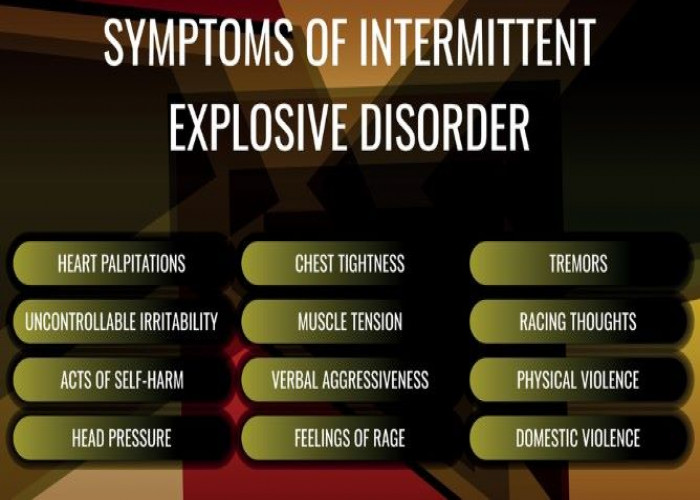 Welcome
Welcome
“May all be happy, may all be healed, may all be at peace and may no one ever suffer."
Intermittent explosive disorder
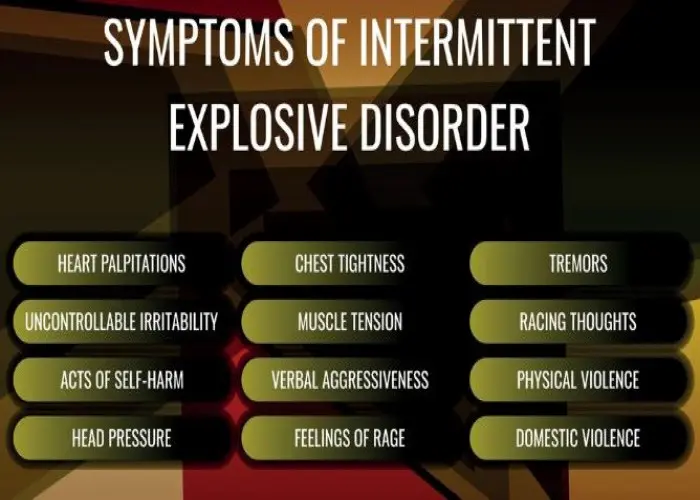
Intermittent explosive disorder (IED) is a psychiatric disorder characterized by recurrent episodes of impulsive, aggressive, and violent behavior, including verbal or physical outbursts that are disproportionate to the situation. These episodes may involve shouting, breaking or throwing objects, or physical aggression towards others or oneself.
The exact causes of IED are not fully understood, but it is believed to be related to a combination of genetic, biological, and environmental factors. Risk factors for IED may include a history of trauma or abuse, substance abuse, and certain mental health conditions such as anxiety, depression, or personality disorders.
Diagnosis of IED typically involves a comprehensive evaluation by a mental health professional, including a medical history, psychiatric evaluation, and psychological testing. Treatment for IED may include medication and therapy, such as cognitive-behavioral therapy (CBT) or anger management therapy, to help individuals learn coping strategies and develop more adaptive ways of dealing with anger and frustration.
Preventing IED may involve early identification and treatment of underlying mental health conditions, addressing substance abuse or addiction, and learning effective anger management and coping strategies. It is important for individuals with IED to seek professional help to manage their symptoms and reduce the risk of harm to themselves or others.
Research Papers
Disease Signs and Symptoms
- Irritability
- Excessive anger
- Tingling sensation
- Irregular heartbeats (arrhythmia)
- Chest tightness
- Decreased energy
- Threatening or assaulting people or animals
Disease Causes
Intermittent explosive disorder
Intermittent explosive disorder can begin in childhood — after the age of 6 years — or during the teenage years. It's more common in younger adults than in older adults. The exact cause of the disorder is unknown, but it's probably caused by a number of environmental and biological factors.
- Environment. Most people with this disorder grew up in families where explosive behavior and verbal and physical abuse were common. Being exposed to this type of violence at an early age makes it more likely these children will exhibit these same traits as they mature.
- Genetics. There may be a genetic component, causing the disorder to be passed down from parents to children.
- Differences in how the brain works. There may be differences in the structure, function and chemistry of the brain in people with intermittent explosive disorder compared to people who don't have the disorder.
Disease Prevents
Intermittent explosive disorder
If you have intermittent explosive disorder, prevention is likely beyond your control unless you get treatment from a professional. Combined with or as part of treatment, these suggestions may help you prevent some incidents from getting out of control:
- Stick with your treatment. Attend your therapy sessions, practice your coping skills, and if your doctor has prescribed medication, be sure to take it. Your doctor may suggest maintenance medication to avoid recurrence of explosive episodes.
- Practice relaxation techniques. Regular use of deep breathing, relaxing imagery or yoga may help you stay calm.
- Develop new ways of thinking (cognitive restructuring). Changing the way you think about a frustrating situation by using rational thoughts, reasonable expectations and logic may improve how you view and react to an event.
- Use problem-solving. Make a plan to find a way to solve a frustrating problem. Even if you can't fix the problem right away, having a plan can refocus your energy.
- Learn ways to improve your communication. Listen to the message the other person is trying to share, and then think about your best response rather than saying the first thing that pops into your head.
- Change your environment. When possible, leave or avoid situations that upset you. Also, scheduling personal time may enable you to better handle an upcoming stressful or frustrating situation.
- Avoid mood-altering substances. Don't use alcohol or recreational or illegal drugs.
Disease Treatments
There's no single treatment that's best for everyone with intermittent explosive disorder. Treatment generally includes talk therapy (psychotherapy) and medication.
Psychotherapy
Individual or group therapy sessions that focus on building skills can be helpful. A commonly used type of therapy, cognitive behavioral therapy, helps people with intermittent explosive disorder:
- Identify which situations or behaviors may trigger an aggressive response
- Learn how to manage anger and control inappropriate responses using techniques such as relaxation training, thinking differently about situations (cognitive restructuring), and applying communication and problem-solving skills
Medication
Different types of medications may help in the treatment of intermittent explosive disorder. These may include certain antidepressants ― specifically selective serotonin reuptake inhibitors (SSRIs) ― anticonvulsant mood stabilizers or other drugs if needed.
Disease Diagnoses
Disease Allopathic Generics
Disease Ayurvedic Generics
Disease Homeopathic Generics
Disease yoga
Intermittent explosive disorder and Learn More about Diseases

Swimmer's itch

Atypical hyperplasia of the breast

Cluster headache
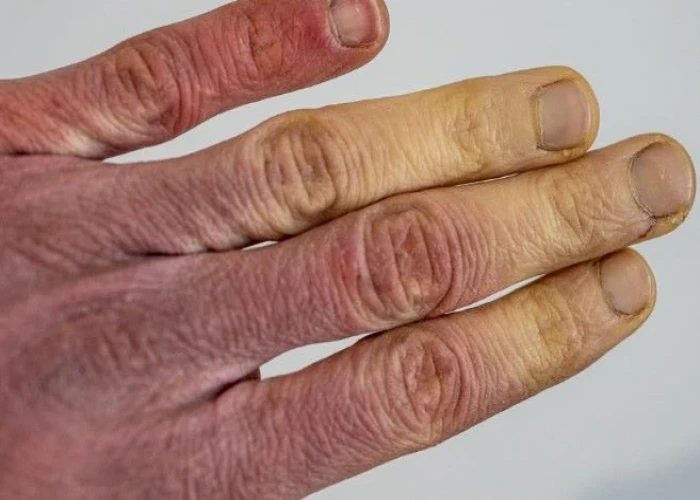
Raynaud's disease
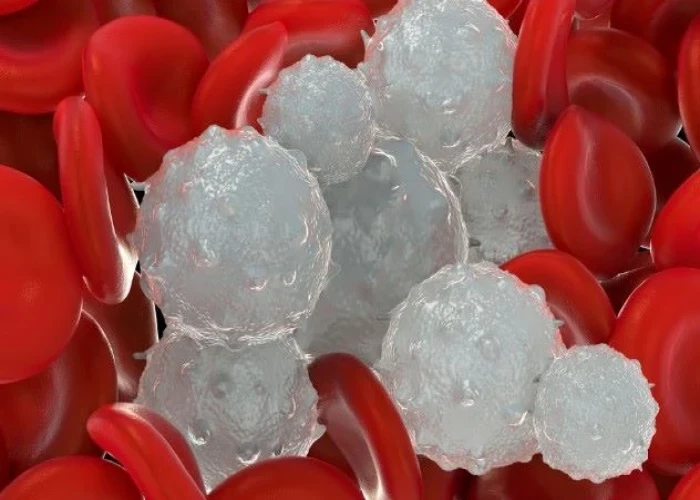
Pediatric white blood cell disorders
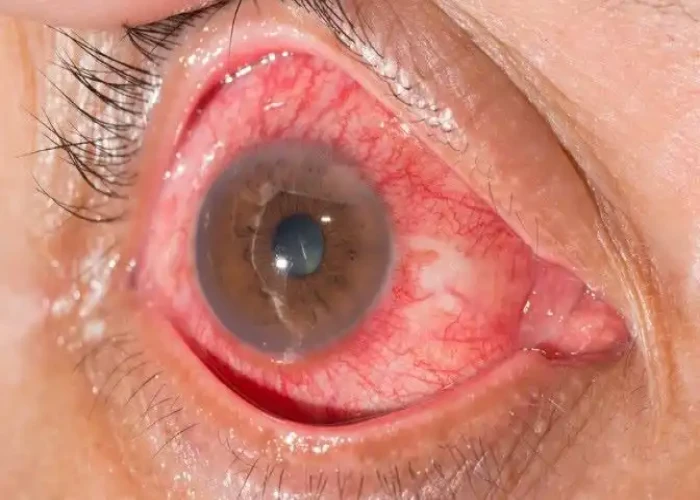
Uveitis

Molar pregnancy
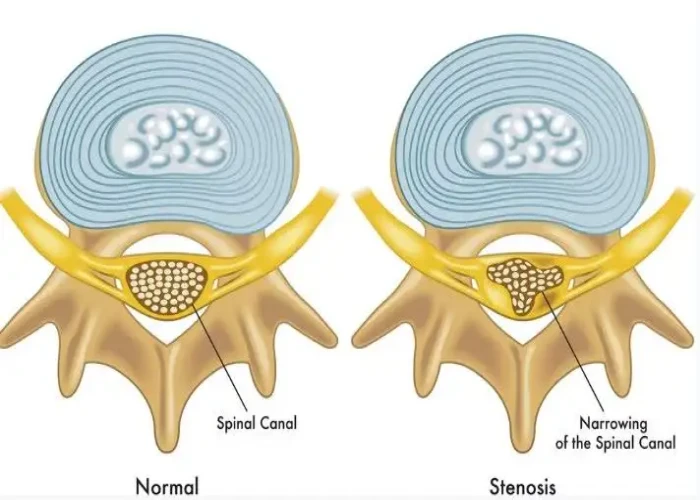
Spinal stenosis
intermittent explosive disorder, বিরতিহীন বিস্ফোরক ব্যাধি
To be happy, beautiful, healthy, wealthy, hale and long-lived stay with DM3S.
